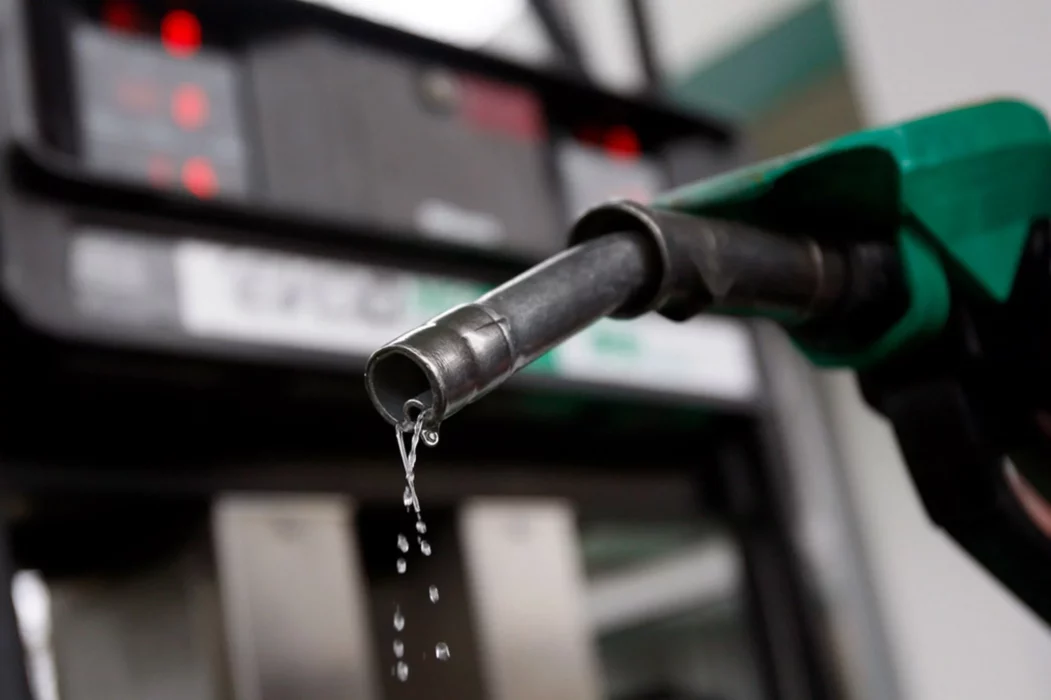15% Import Levy on Petrol, Diesel Will Boost Local Refining, Says Osatuyi

A newly approved 15 per cent ad-valorem import duty on petrol and diesel will shield domestic refiners and help draw fresh capital into Nigeria’s downstream sector, a former senior officer of the Independent Petroleum Marketers Association of Nigeria (IPMAN), Mike Osatuyi has said.
Osatuyi, who served as IPMAN’s National Operations Controller, praised President Bola Ahmed Tinubu’s decision, telling newsmen in Lagos that the tariff would raise the cost of landing imported products and thus make locally refined output more competitive.
He said the levy would sustain existing facilities, encourage modular refiners, and signal to foreign investors that Nigeria is serious about supporting domestic processing capacity.
The presidency approved the 15% import duty in late October as part of a wider fiscal package aimed at reducing dependency on imports and protecting the large private investments that have come on stream in recent months.
A presidential memo seen by international news agencies set out the government’s intention to use the tariff to bolster national energy security and strengthen the country’s fledgling refining industry.
Nigeria’s huge Dangote refinery valued at roughly $20 billion and described as the continent’s largest and several smaller private refineries have begun commercial operations over the past year.
Supporters of the tariff argue that without protection from underpriced imported fuel, these projects may struggle to recover their capital and attract further investment.
Bloomberg and other outlets have highlighted that the levy is expected to change market dynamics by making imported cargoes less economically attractive.
But the move has provoked anxiety among some importers, marketers and consumer groups who warn the extra cost will be passed to motorists and could exacerbate inflationary pressures. Industry analysts have suggested pump prices could rise substantially, with some estimates putting the potential increase at roughly ₦100–₦150 per litre depending on exchange rates and other cost drivers.
Critics also caution about the risk of reduced competition if importers withdraw from the market.
Government officials say the measure is market-responsive and temporary, intended to create a level playing field while local refining capacity matures. They add that appropriate regulatory oversight will be required to avoid market concentration and ensure supply security during the transition.
Observers note that the policy’s success will hinge on close monitoring of supply flows, transparent enforcement and efforts to prevent profiteering.
Mr. Osatuyi urged Nigerians and industry participants to support patronage of locally refined products to consolidate the gains of recent investments.
“If consumers and marketers embrace domestic output, the sector will attract more players and jobs,” he said, stressing that long-term benefits including job creation and reduced foreign exchange drain would follow increased local refining.
As the new duty takes effect, stakeholders from refinery operators and independent marketers to civil society groups are expected to press the government for clear timelines, safeguards and complementary measures to protect vulnerable households while the downstream market adjusts to the new price signals.









